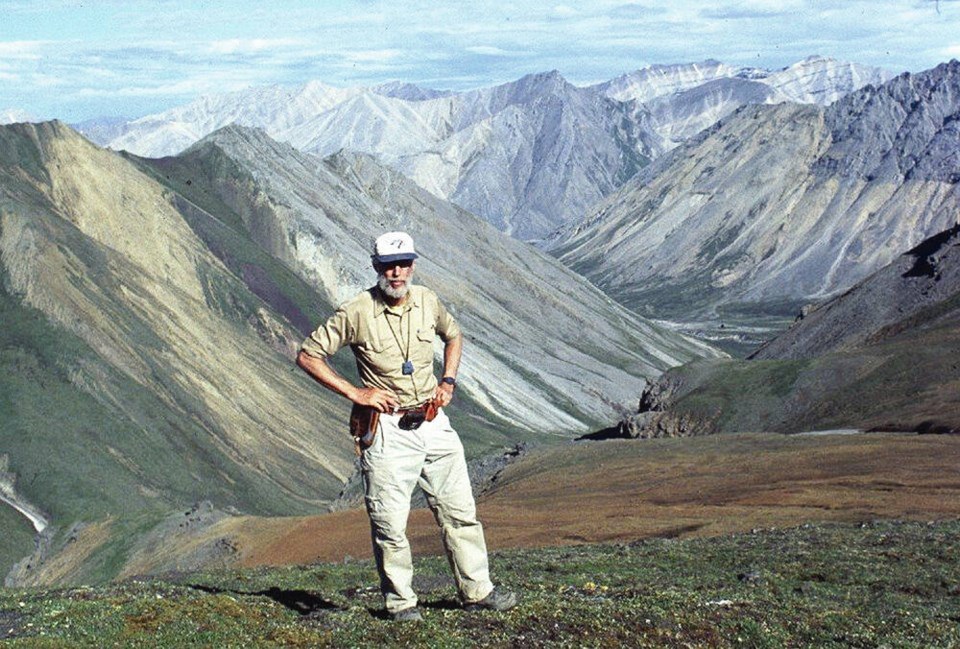A University of Victoria adjunct geology professor has won the $850,000 Kyoto Prize for his decades-long research into the Earth’s geological history.
Considered the Japanese equivalent of the Nobel Prize, the Kyoto Prize from the Inamori Foundation is presented internationally to individuals who have made significant contributions in the fields of science, technology, arts and philosophy.
Paul Hoffman is the first geologist to be recognized and only the third Canadian, according to UVic.
Kyoto Prize winners are awarded 100 million yen, the equivalent of $850,000 Cdn.
“Dr. Hoffman’s immense field research spanning 60 years in Arctic Canada and Sub-Saharan Africa is crucial to our understanding of the Earth’s surface — knowledge that students now, and for many years to come, will build upon in their academic pursuits,” said Lisa Kalynchuk, UVic vice-president of research and innovation.
The Inamori Foundation credited Hoffman with landmark achievements in the area of the “snowball Earth” theory, or complete global freezing.
The theory, based on evidence showing that glaciers once existed at sea level in what are now the warmest parts of the world, proposes that there have been times when Earth’s surface was nearly entirely frozen, with no liquid water exposed to the atmosphere.
The theory was initially rejected by scientists as implausible given there was no mechanism for the planet to come back from extensive glaciation, said UVic.
Hoffman recognized that the theory could be tested, however, and conducted geological surveys in Namibia to study 600-million-year-old glacial deposits. The surveys showed signs of life ceased immediately after glaciation — a result consistent with the hypothesis.
Hoffman, 83, began his career as a research scientist for the Geological Survey of Canada, studying plate tectonics.
In 1992, he joined UVic’s School of Earth and Ocean Sciences, where he started his research into snowball Earth.
He continued that work during his 14-year appointment as the Sturgis Hooper Professor of Geology at Harvard University, then returned to UVic in 2011 as an adjunct professor engaged in research.
>>> To comment on this article, write a letter to the editor: [email protected]



